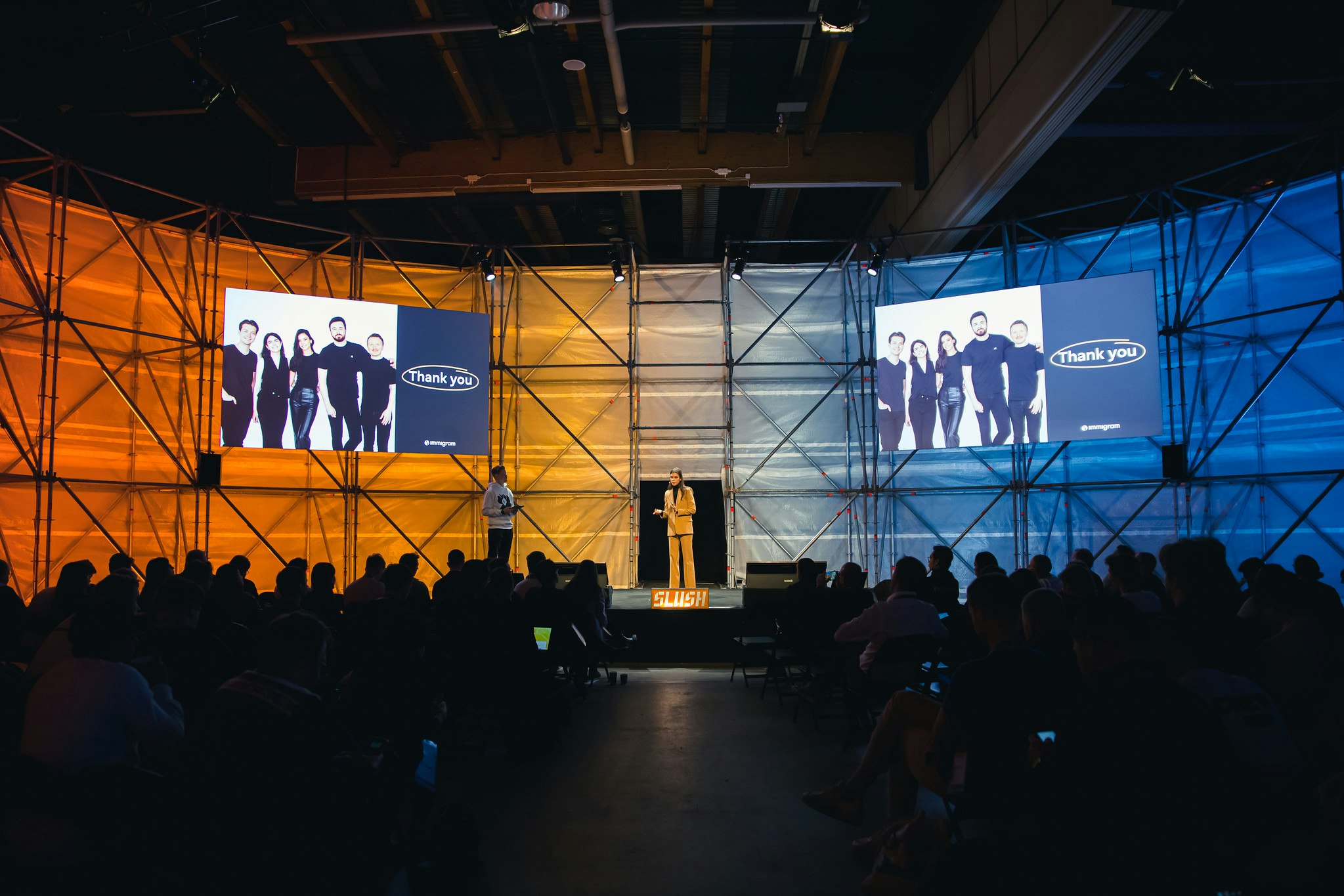This article is the first in a series that will be dedicated to the Scale Up Europe initiative, exploring how Europe can propel its startups to the next level through key drivers from deeptech to talent. Read the full report here.
Despite the challenges of the pandemic, 2020 was a good one for European startups and technology.
There was record venture capital investment into innovative new companies and the digital transformation of larger corporations continued at pace, despite the challenges brought about by the global pandemic.
At the same time startup-friendly reforms by governments and an ongoing change in how talented young graduates see entrepreneurship has put Europe in a better position than it has ever been to capitalise on digital trends.
But Europe still lags behind the US and Asia in areas such as investment and the development of key technology, so if the region is ever going to close the gap, it needs to up its game another level.
Over the coming months, more than 150 of Europe’s entrepreneurs, researchers, investors, corporates and politicians will discuss how to make that happen, as part of the Scale Up Europe initiative.
The founding members will convene in Paris for the first time on March 4th, in an event that will gather Atomico’s Niklas Zennstrom’s, French digital minister Cedric O, and entrepreneurs including Alan’s Jean-Charles Samuelian.
Discussions will take place in the weeks and months following, through workshops and open consultation. The goal is to come up with an actionable strategy and roadmap to be presented to European heads of state later this year, about scaling the tech ecosystem to the next level.
To frame the debates along the way, Sifted will explore Europe’s most pressing and strategic questions in a series of stories. Sifted is an ecosystem partner for the initiative, alongside La French Tech, Hello Tomorrow, Station F, and Viva Technology.
Deeptech, corporates, talent and money
Scale Up Europe, launched by French president Emmanuel Macron, will focus on four key areas where officials believe action most needs to be taken to help turn European startups into future global tech leaders. These are deeptech, talent, investment and startup-corporate collaboration.
To get more investors, as well as international talent, to notice Europe, the region needs to better deploy competitive advantages — from brilliant brains to a market that potentially spans over half a billion consumers. And it needs to get well-established corporations on-board with the next digital revolution too.
Developments in the fields of artificial intelligence, quantum computing and cybersecurity, among others, are seen as key not just to economic growth in the coming years, but also having wider strategic, political and social implications.
That’s ultimately what’s at stake for Europe, and why it’s battling to scale up — to gain an edge in technological innovation and grow tomorrow’s digital champions.
More on Scale Up Europe
- Sifted has played an active role in the Scale-Up Europe initiative and produced a report detailing a community-led action plan for the region.
- Visit the initiative's page and events programme. And read our Scale-Up Europe coverage.
- Deeptech is one of Europe's core challenges, in its quest to capitalise on its innovation ecosystem. It's chapter one of our Sifted Intelligence series, framing the debates of entrepreneurs and innovators as part of Scale Up Europe.
- Europe needs to figure out how to get its startups and well-established companies to work together more, and in deeper collaboration. Read our analysis about startups-corporates collaboration.
- The lack of diversity is a huge problem in tech, including in Europe. But what's the fix? The third part of our Sifted Intelligence series focuses on talent.
- Can Europe turn the record startup investments of 2020 into a sure thing in the long run? Part four of our analysis is all about the money.
Further resources
- For in-depth analysis about European startups, read the latest Sifted Intelligence report, focused on the French tech ecosystem.
- For more on deeptech, read Sifted’s European deeptech coverage.
- For more on corporates and startups, read Sifted’s corporate innovation coverage, and consult our corporate innovation directory of companies.
- For more on talent, read Sifted’s coverage of diversity issues and startup life, and consult our listing of diversity initiatives in Europe.
- For more on investors, read Sifted’s coverage of venture capital.


